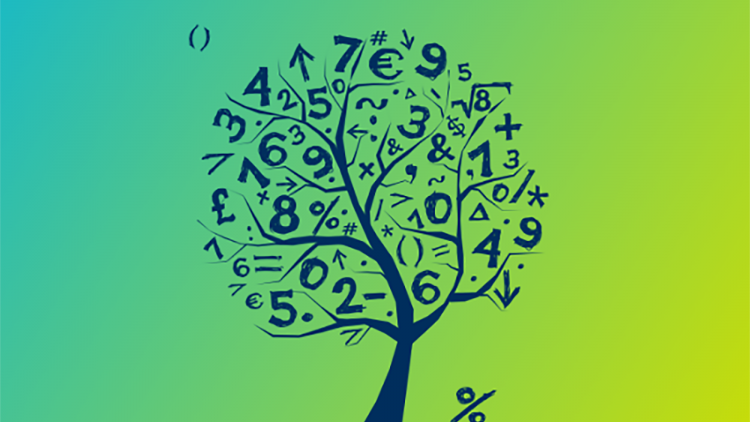Over the past week or so, many educational companies have been offering their online services free of charge. If you don’t know what you’re looking for, this can be quite overwhelming. To help parents support their children, I’ll be adding useful websites every so often, but just one at time – bitesize websites!
This morning, I heard Carol Vorderman on the radio. Working together with Pearson Education, she has created a website called The Maths Factor, which is an online maths tutoring site for primary school-aged children. At the heart of The Maths Factor is The Maths Factor Course. The Course is organised into 32 topics, designed so that children continuously build on and practise basic arithmetic skills, particularly: addition, subtraction, multiplication and division. Children progress through the topics by completing daily sessions.

The Topics
The topics are in sequence with the national curriculum. The Maths Factor Course has 3 main ‘stages’, each represented by a bird character:
- Explorer bird: Key Stage 1 level topics
- Adventurer bird: Lower Key Stage 2 level topics
- Pioneer bird: Upper Key Stage 2 level topics
To make sure that we don’t interfere with what children are being taught in school, we cover all of the key teaching methods.
The Sessions
The Maths Factor’s short sessions have been designed for daily use – repetition consolidates learning, so we want children to practice, practice, practice! We teach concepts in small steps, emphasising fun and ultimately increasing children’s confidence.
Each session starts with a lively video tutorial by Carol, followed by a fun warm-up and then a practice. There are over 1,000 of these sessions, arranged within the 32 topics.
















